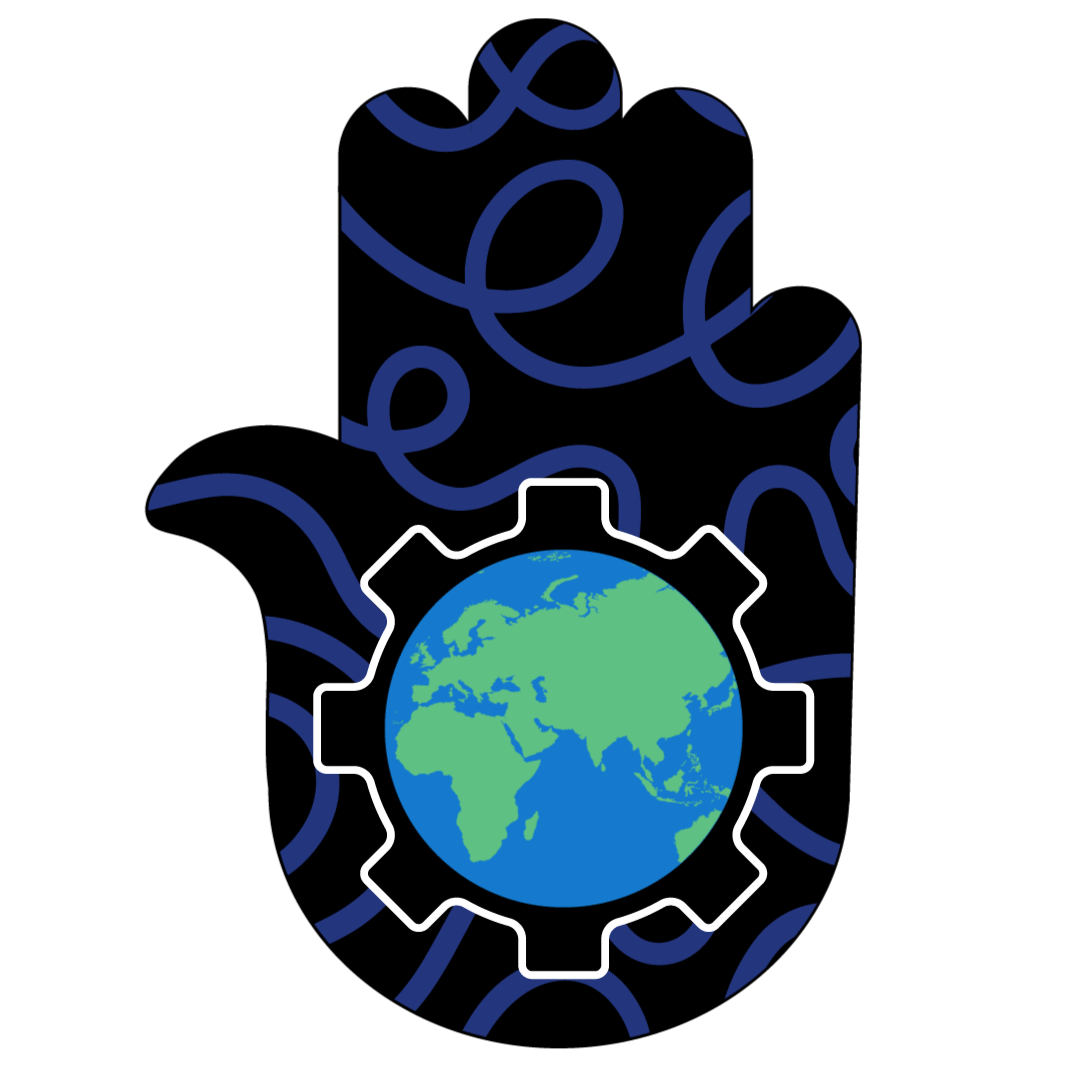Museums, Migration, and Inclusivity
On Monday the 20th of June 2022 the team met with our national museum partners in our office at Northumbria University. To discuss issues of community engagement, representation, and inclusive practice, we were joined by Carolyn Ball, Manager of the Discovery Museum and Tyne and Wear Archives; Lizzy Baker, Archives Lead of the Tyne and Wear Museums and Archives (TWAM); Rachel Barclay, Curator of the Durham Oriental Museum; and Jane Whittaker, Head of Collections at the Bowes Museum.
Over refreshments kindly provided by the Northumbria University catering team we discussed the various exciting projects that our museum partners are and have been running. Each of our partners is undertaking a number of projects that directly engage with, or indeed are led by local community groups. The Oriental Museum has long-standing collaborations with various local faith groups, and this year will mark their tenth joint Diwali and Holi celebrations. The Museum’s work with a great number of collaborators and communities, ranging from student faith groups, to the orthodox Jewish community, Syrian refugee groups, and academic and museum partners in China, Nepal, Sri Lanka, Pakistan, and Malaysia amongst others, has led to exciting initiatives and exhibitions including the online Taxila Exhibition – in English and in Urdu – and, in the Museum itself, the new Silk Roads Galleries . The Bowes organise several outreach and after school projects, including the “Kindness Quilt” they produced in collaboration with our other project partner, TOP – The Other Perspective. Finally, TWAM are running both the Tyne and Wear Archive’s Lahav Jewish Heritage Project, an initiative to collect, preserve and celebrate the rich history of the Jewish community in north east England; and the Exchange project at the Discovery Museum, a community-led collections research programme which explores experiences of empire, migration, and life in Britain through museum collections.
Together we discussed the various ways in which museums and research projects can collaborate with local – and international – communities in an open, equitable, and productive way, as well as the challenges this can present. We also discussed how to amplify under-represented (or unrepresented) voices, and how to facilitate access in order to create genuinely inclusive spaces, collections, and museums. These discussions will aid us in creating our museum trails, guides, and teacher-training event as well as our future collaborations.
This stimulating and exciting meeting gave us a lot of food for thought and we look forward to continue our collaboration with these fantastic institutions!

